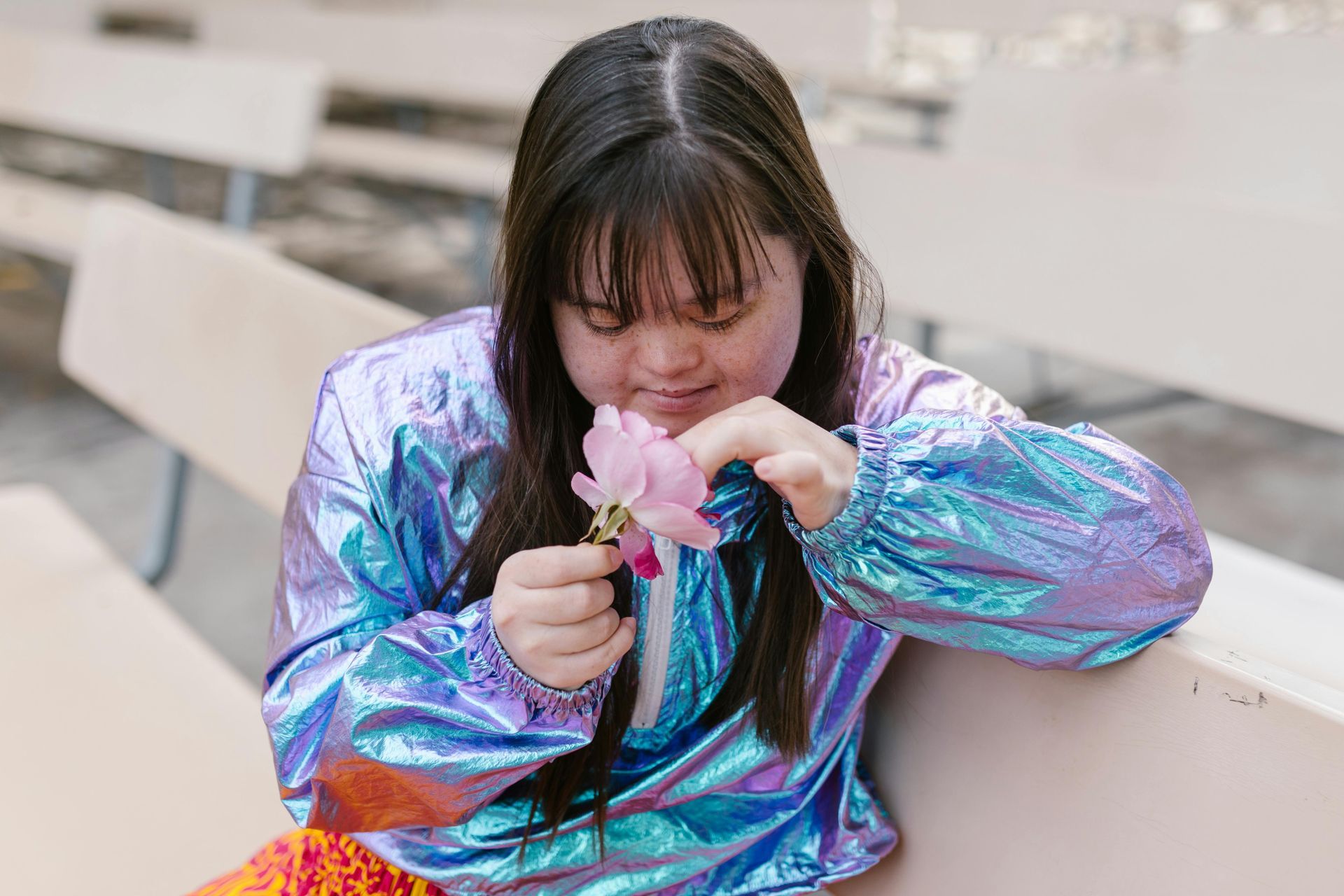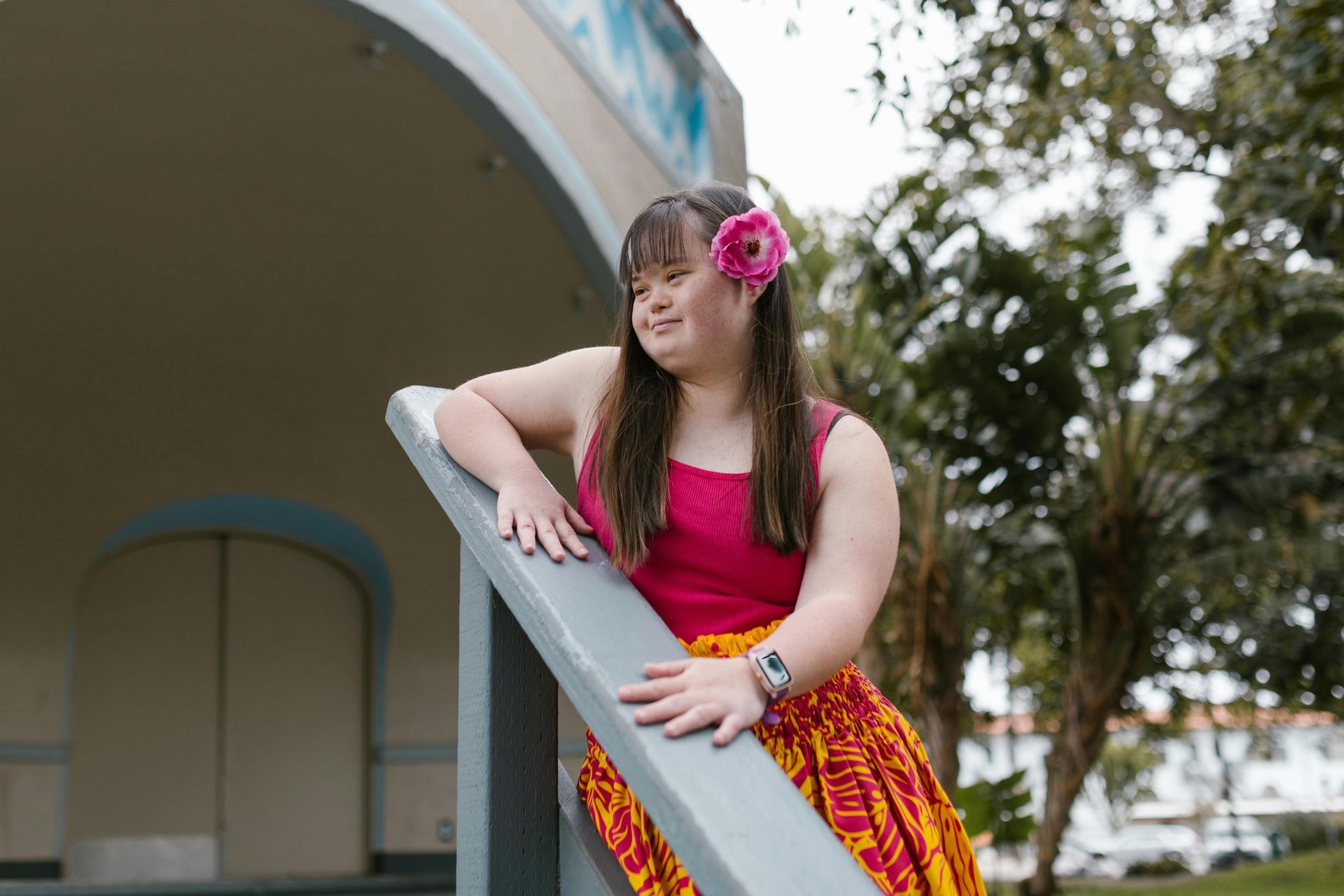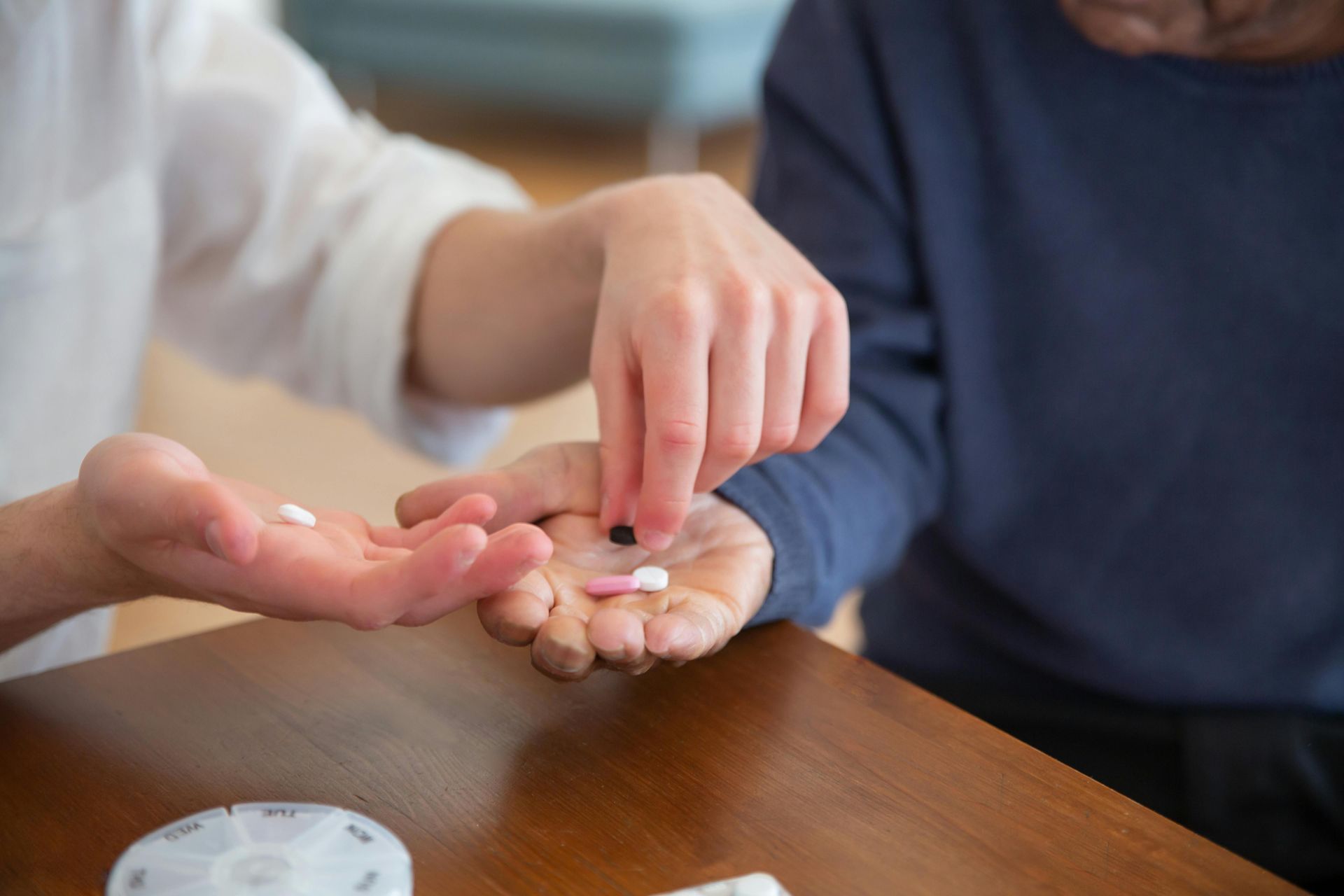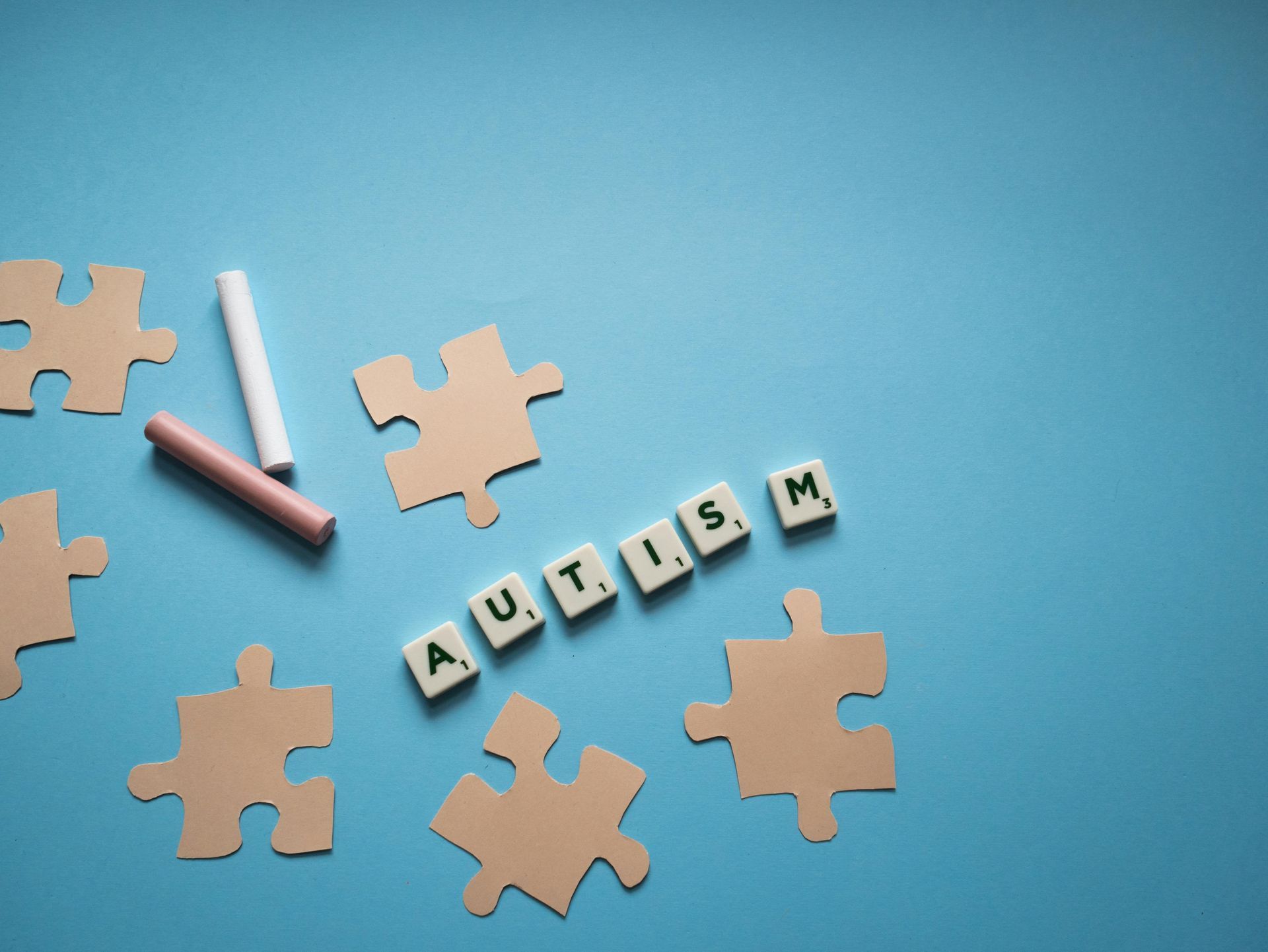Hydration is more than just quenching thirst—it’s a cornerstone of overall wellness.
While many associate water intake with physical health benefits like glowing skin or improved digestion, the impact of hydration on mental health and cognitive functioning is equally significant. This is particularly true for individuals managing developmental disabilities and mental health challenges, where proper hydration plays a vital role in promoting stability, focus, and emotional balance.
Why Hydration Matters
The human body is composed of about 60% water. This fluid is essential in regulating temperature, supporting metabolic functions, and ensuring that nutrients are transported throughout the body. But what often goes unnoticed is the connection between hydration and brain function.
Mental and Cognitive Benefits of Staying Hydrated:
- Improved Mood: Dehydration has been linked to irritability and increased anxiety. A well-hydrated brain is better equipped to manage stress.
- Enhanced Focus and Clarity: Even mild dehydration can impair attention span and memory.
- Balanced Sleep Cycles: Hydration helps regulate melatonin and other sleep-related hormones.
- Reduction in Fatigue: Fatigue and brain fog are often signs of insufficient fluid intake.
Unique Considerations for Individuals with Mental Health or Developmental Disabilities
Those with developmental disabilities may face barriers to adequate hydration due to sensory sensitivities, communication challenges, or medication side effects that increase fluid loss or suppress thirst. Support teams and caregivers must remain proactive in monitoring hydration levels and providing fluids in accessible, enjoyable formats.
Practical Hydration Tips:
- Set Hydration Schedules: Use timers or visual reminders to prompt drinking water throughout the day.
- Offer a Variety of Fluids: Herbal teas, fruit-infused water, or low-sugar electrolyte drinks can be more appealing.
- Monitor Urine Color: Pale yellow urine is a good indicator of adequate hydration.
- Pair Water with Activities: Offer drinks with meals, after walks, or during therapy sessions.
- Make it Fun: Use favorite cups or water bottles, or add fun straws to encourage regular intake.
When to Seek Help
Excessive thirst, dark urine, confusion, dizziness, or fatigue can be signs of dehydration requiring medical attention. In the context of developmental care, recognizing these early signs is crucial for prevention.
Staying hydrated is a simple yet powerful way to support holistic well-being. Whether you're a caregiver, healthcare professional, or family member, fostering hydration habits is a vital step toward enhanced mental and physical health.
Take action today.










